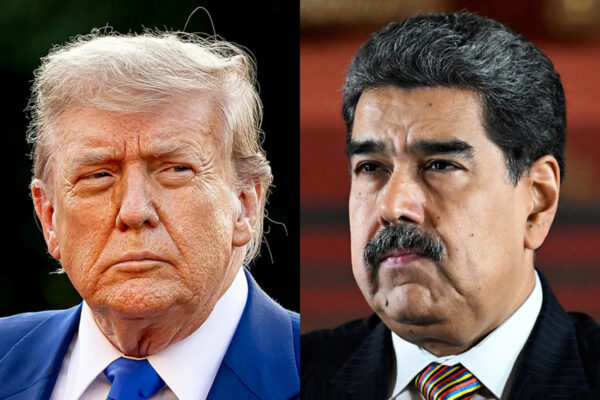Anti-Putin Russian paramilitaries join Ukraine’s fight in Kharkiv region
By Max Hunder
KHARKIV REGION, Ukraine (Reuters) – Peeking out from under a hat and with his face covered, the Russian fighting for Kyiv described unrelenting battles in the northeastern Ukrainian region of Kharkiv where Moscow’s forces opened a new front last week.
“The situation is difficult, the intensity is very high, there is fighting almost every ten minutes,” said the mortarman, who identified himself only by his callsign, Winnie.
The soldier is part of the Freedom of Russia Legion, a group of Russians opposed to President Vladimir Putin who are fighting for Ukraine.
Ukraine has sent reinforcements, including the legion and two other units made up of Russian nationals, to shore up its defence against a Russian ground incursion into the northern reaches of Kharkiv region that began nearly a week ago.
“It’s an unbelievable meat grinder that they’re still (sending) their people into,” Winnie said, describing Russian losses as Moscow’s infantry tries to storm deeper into Ukraine. Both sides say that the other is suffering heavy casualties in the war, claims that cannot be independently verified.
The Freedom of Russia Legion’s deputy commander Maksimilian Andronikov, who is also known by his callsign Caesar, said Russia’s fighters have become more innovative.
“They’ve learnt the lessons of the war, they’re using rather intelligent tactics,” he said.
One particularly grim innovation has been the expansion in the use of aerial bombs, which are dropped from planes and usually pack several hundred kilograms of explosives or more. Russia has vast Soviet-era stocks of the relatively cheap bombs.
Over the past several months, Russia has been able to grind out battlefield gains by hammering frontline towns and infantry positions with aerial bombs.
“Today, four guided aerial bombs came in, about 500 metres away. I was on the ground, and it started vibrating, I was thrown upwards – and I’m not small,” Winnie said.
SHORTAGE OF WEAPONS
The Russian assault, which is driving towards the towns of Lyptsi and Vovchansk north of Ukraine’s second-largest city Kharkiv, began last Friday.
The Russians appear to have been able to advance by at least several kilometers in some places, one of the fastest advances either side has seen since 2022, the first year of Russia’s full-scale invasion.
“The enemy has the advantage in manpower, although they do not have as many vehicles as before,” Andronikov said about the Kharkiv front.
The Russians, he said, were sending in noticeably fewer armoured vehicles, but even so were able to launch several times more artillery shells and FPV drones than Ukraine.
“We feel the deficit. We understand well that if it didn’t exist, the enemy wouldn’t have these successes here or in the Donbas,” he said of the artillery imbalance, a problem felt acutely by Ukraine over the past six months.
He blasted the limits placed by some Ukrainian allies on the use of their weapons to strike Russia, saying the restriction handicapped Kyiv’s ability to fight back on the northern front where the lines are a few kilometres from Russian territory.
Ukrainian soldiers have long complained the restriction gives Russia a shield, enabling its forces to launch attacks from across the border without putting their logistics at risk.
“It’s a problem. There is a whole list of weapons which we receive, but until recently we didn’t have the right to use them on the territory of Russia… with impunity, the enemy is using the fact that Russian territory can’t be hit.”
(Editing by Tom Balmforth and Ros Russell)












 Bitcoin
Bitcoin  Ethereum
Ethereum  Tether
Tether  XRP
XRP  USDC
USDC  Solana
Solana  TRON
TRON  Dogecoin
Dogecoin  Lido Staked Ether
Lido Staked Ether